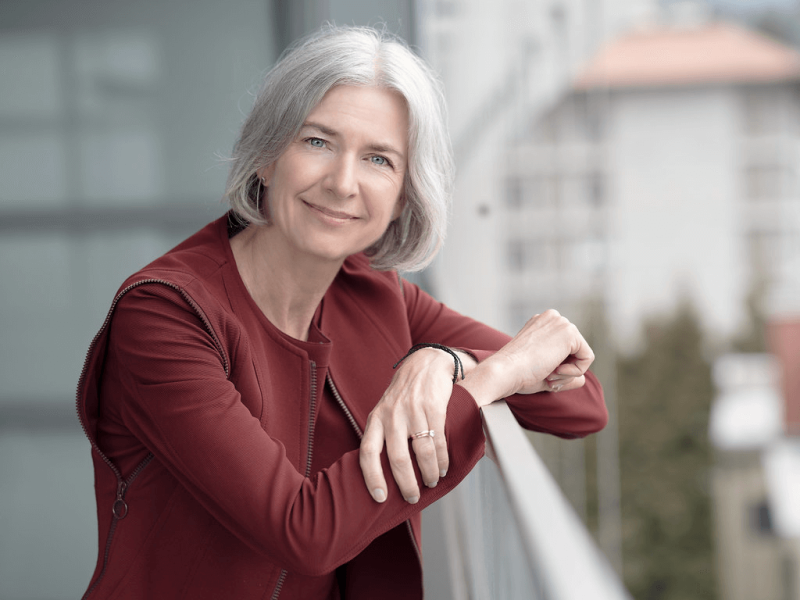In 2011, biochemist Jennifer Doudna helped discover the genetic editing tool CRISPR. Today CRISPR is actively deployed in clinical trials with the potential to cure disease—and alter human evolution.
Jennifer Doudna is a biochemist at the University of California, Berkeley and a Nobel Laureate in Chemistry. She is the co-inventor of CRISPR technology. Previously, she was a professor at Yale University.
Doudna has received numerous awards for her work, including the Breakthrough Prize in Life Sciences, the Japan Prize, the Kavli Prize, the LUI Che Woo Welfare Betterment Prize, and the Wolf Prize in Medicine. Doudna’s work led TIME to recognize her as one of the “100 Most Influential People” in 2015, and she was a runner-up for “Person of the Year” in 2016.































